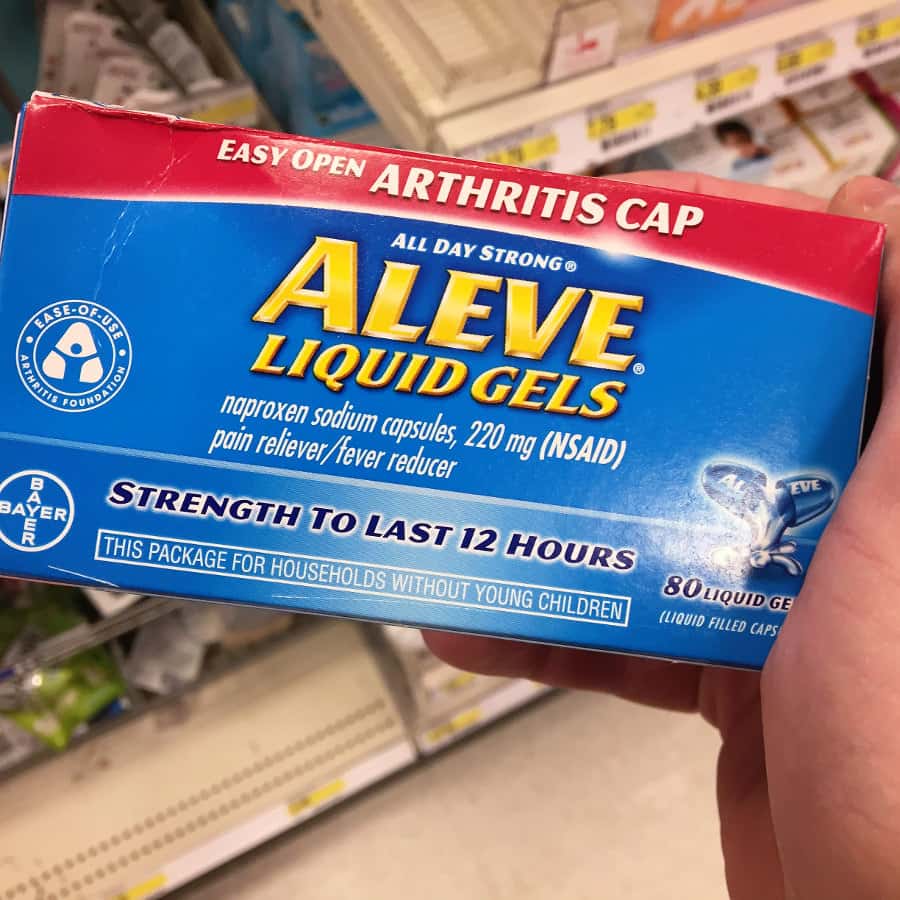
What Works for Pain Relief and Why
Pain is one of the most common reasons people seek medical care. But physicians often face a dilemma when they treat joint pain, back pain or muscle spasms with prescription pills. Drugs that relieve pain effectively frequently carry frightening side effects, especially over the long term.
Problems with NSAIDs for Pain Relief:
Doctors usually rely on a nonsteroidal anti-inflammatory drug (NSAID) such as celecoxib (Celebrex), diclofenac (Cataflam, Voltaren), ibuprofen (Advil, Motrin IB), meloxicam (Mobic) or naproxen (Aleve, Naprosyn) to treat arthritis or other inflammatory diseases. But these pills can harm the kidneys and increase the possibility of a heart attack or stroke if they are used for more than a short time.
Limited Pain Relief from Steroid Joint Injections:
Likewise, steroids such as prednisone or methylprednisolone calm inflammation well but pose hazards even in short term use. What about steroid injections? New research demonstrates that repeated injections into an arthritic knee do not help the pain, but they do speed cartilage loss. Arthroscopic surgery, though extremely popular, is not supported by research data either.
Will Home Remedies Provide Pain Relief?
As a result, people in pain find themselves in a difficult situation. Should they try home remedies for pain relief? Perhaps. Sometimes simple remedies can work reasonably well in the short term. Recent scientific advances in the study of transient receptor potential (TRP) channels help explain how some old-fashioned approaches work.
Your Calls Are Welcome:
Have you found medicines that allow you to manage your pain well? Which remedies have you found helpful? Have you experienced any troubling side effects from taking-or even from stopping-the drugs you have used for pain relief? We are interested in your stories, and we’ll do our best to answer your questions. Tune in Saturday, May 20, 2017, from 7 to 8 AM EDT or call 1-888-472-3366. You can also reach us through email (radio@peoplespharmacy.com) or Twitter @peoplespharmacy.
Listen to the Podcast:
The podcast of this program will be available the Monday after the broadcast date. The show can be streamed online from this site and podcasts can be downloaded for free for four weeks after the date of broadcast. After that time has passed, digital downloads are available for $2.99. CDs may be purchased at any time after broadcast for $9.99.

